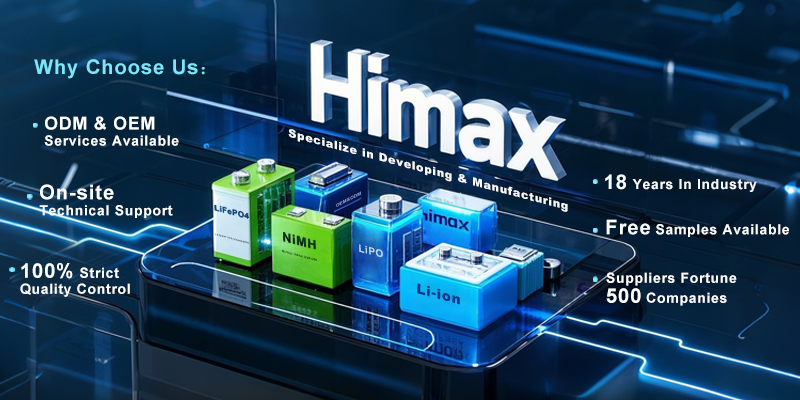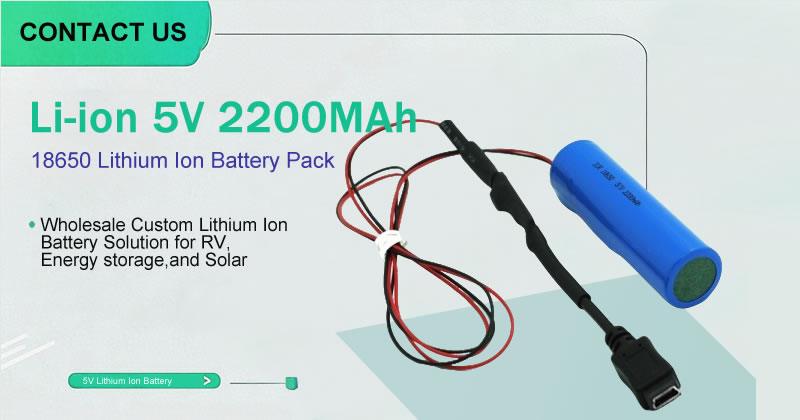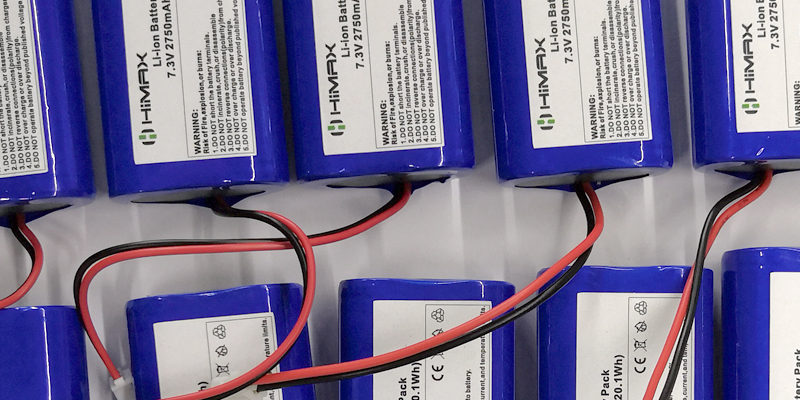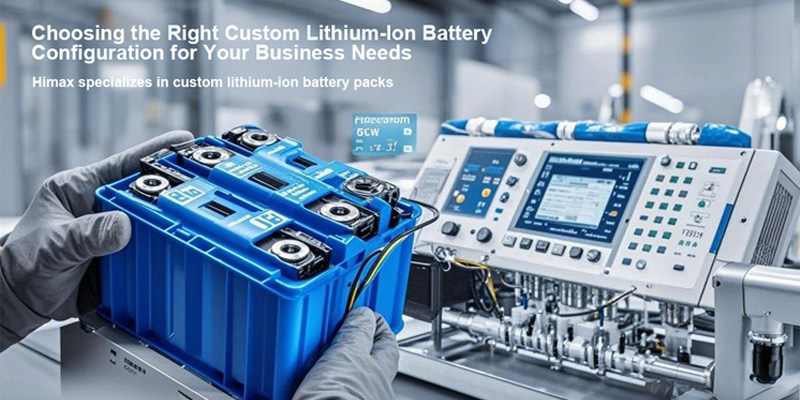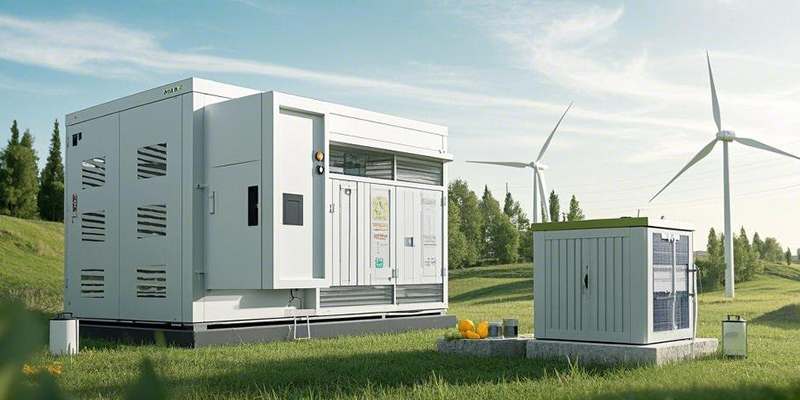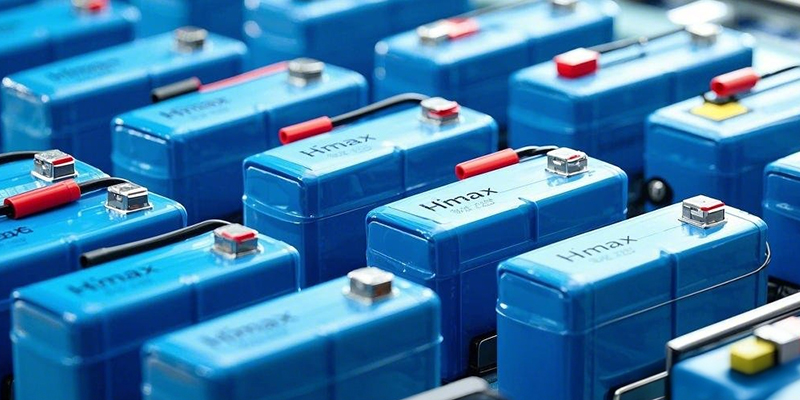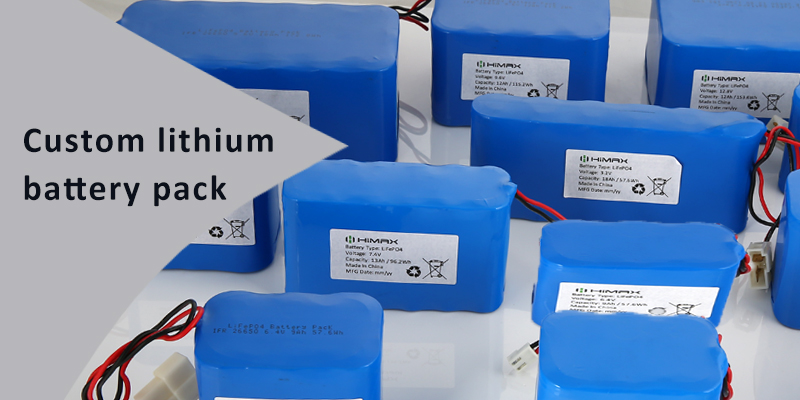How Lithium Batteries Power Smart Homes: Applications and Benefits Explained
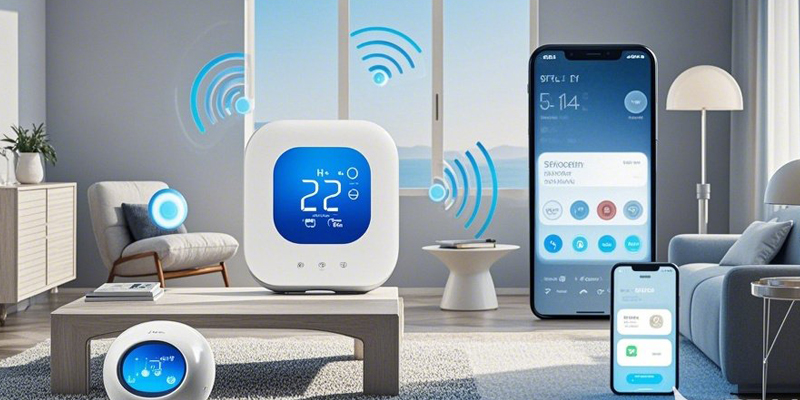
The Basics of Lithium Batteries and Why They Shine
How Lithium Batteries Work
Lithium batteries are energy storage champs that use lithium ions moving between a negative electrode (usually graphite) and a positive one (often a metal oxide) to generate power. Here’s the simple version: when the battery discharges, lithium ions travel through an electrolyte to the positive side, releasing electrons to run your devices. When you charge it, the ions head back to the negative side to store energy again. What sets lithium batteries apart? Their high energy density and lightweight design. In plain terms, they pack a lot of power into a small space—exactly what smart home gadgets need to stay portable and efficient.
Why They’re Perfect for Smart Homes
Compared to old-school alkaline or nickel-metal hydride batteries, lithium batteries are a step ahead. For starters, they last way longer—think months or even years on a single charge, while traditional batteries might need swapping out all the time. Plus, they’re rechargeable, so you’re not constantly buying replacements, saving both cash and hassle. And since they’re light and compact, they fit right into the tight spaces of smart home devices. These qualities make lithium batteries a no-brainer for powering today’s smart homes, setting the stage for all kinds of cool uses.
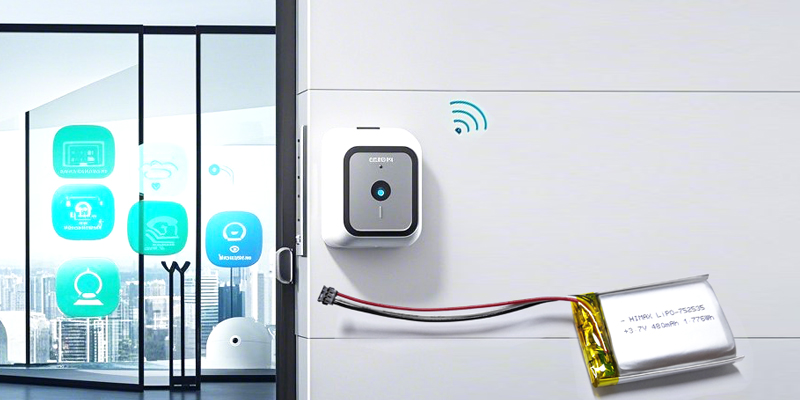
How Lithium Batteries Power Smart Home Devices
Smart Door Locks
Smart door locks are a key piece of the smart home puzzle, and lithium batteries keep them humming. Take a typical smart lock: many come with built-in rechargeable lithium batteries that can last over six months on standby. Even with 10 daily unlocks, they’re quick to handle fingerprint scans or PIN codes. High-end models, for instance, might use a 3000mAh lithium battery paired with low-power tech, meaning you barely need to charge them—total peace of mind for users.
Wireless Cameras
Home security is a big deal, and wireless cameras are a fan favorite thanks to their flexibility and portability—thank lithium batteries for that. Picture a camera with a 5000mAh lithium battery: it can run for weeks or months, delivering round-the-clock monitoring and live video feeds. No messy wiring needed—just pop it where you want it. That ease boosts your home’s security coverage without the headache.
Smart Lights and Sensors
Smart lights and sensors are the unsung heroes of a smart home, often tucked into corners or ceilings where running power lines is a pain. Lithium batteries step up here. A smart motion-sensor light with a 2000mAh battery, for example, can shine for months, lighting up only when someone’s around—smart and energy-saving. The same goes for smart temp or humidity sensors: lithium power lets them go wireless, keeping tabs on your home’s conditions with real-time updates.
The Big Benefits of Lithium Batteries in Smart Homes
Efficiency and Energy Savings
Lithium batteries’ high energy density is a game-changer. They store more juice in the same space, cutting down how often you need to swap or recharge them. Take a smart doorbell: traditional batteries might need replacing every couple of months, but a lithium-powered one could go a full year on one charge. That efficiency saves time and keeps costs low.
Portability and Flexibility
Smart home gear thrives on simple, flexible setups, and lithium batteries deliver. No tangled power cords mean you can place devices anywhere—like a wireless smoke detector in the kitchen or bedroom, no outlet required. This freedom makes designing your smart home layout a breeze.
Eco-Friendly and Sustainable
Rechargeable lithium batteries are a win for the planet. Unlike disposable alkaline batteries, they can handle hundreds or even thousands of cycles, slashing waste. HIMAX Electronics, for instance, crafts lithium batteries with top-notch materials for long-lasting performance, offering a greener power option.
Better Safety
Today’s lithium batteries are safer than ever, thanks to built-in protections against overcharging, over-discharging, and short circuits. HIMAX Electronics takes it further with smart management systems that keep things stable, dodging risks like overheating or leaks—even in tough conditions—making them a trusty choice for smart homes.
Tips for Picking the Right Lithium Battery for Your Smart Home
Capacity and Battery Life
When choosing a lithium battery, capacity (measured in mAh) is key. Different devices have different needs—smart locks might do fine with 2000-3000mAh, while wireless cameras could call for 5000mAh or more. Match the capacity to how often you use the device and its power draw to get the best results.
Brand and Quality
The market’s full of lithium battery brands, but quality varies. Sticking with a trusted name cuts risks and ensures durability. HIMAX Electronics stands out as a leader, offering high-quality lithium batteries tested for reliability and widely used in smart homes—a solid pick for shoppers.
Compatibility Check
Before buying, double-check the battery’s voltage (like 3.7V or 7.4V) and size match your device. Some smart lights might need a cylindrical 18650 battery, while others use flat polymer ones. Peek at the manual or ask the manufacturer to avoid any compatibility hiccups.
Lithium batteries, with their efficiency, portability, and eco-friendly design, are shaping up as the perfect power source for smart homes. From keeping smart locks secure to running wireless cameras and sensors, they shine in all sorts of setups. Add in benefits like energy savings, easy installation, and top-notch safety, and it’s clear they’re boosting both user experience and the future of smart living. Looking for a reliable power fix for your smart home? Check out HIMAX Electronics’ lithium battery lineup. Want to learn more about how they can supercharge your smart home? Head over to the HIMAX Electronics website and kick off your smarter lifestyle today!
